Looking to buy your dream home? Hold on. As the housing market shifts with the times, some home types might not be your golden ticket. Check out these properties that may lose value in 2024 so you can invest carefully.
Large McMansions with Excessive Space and High Maintenance
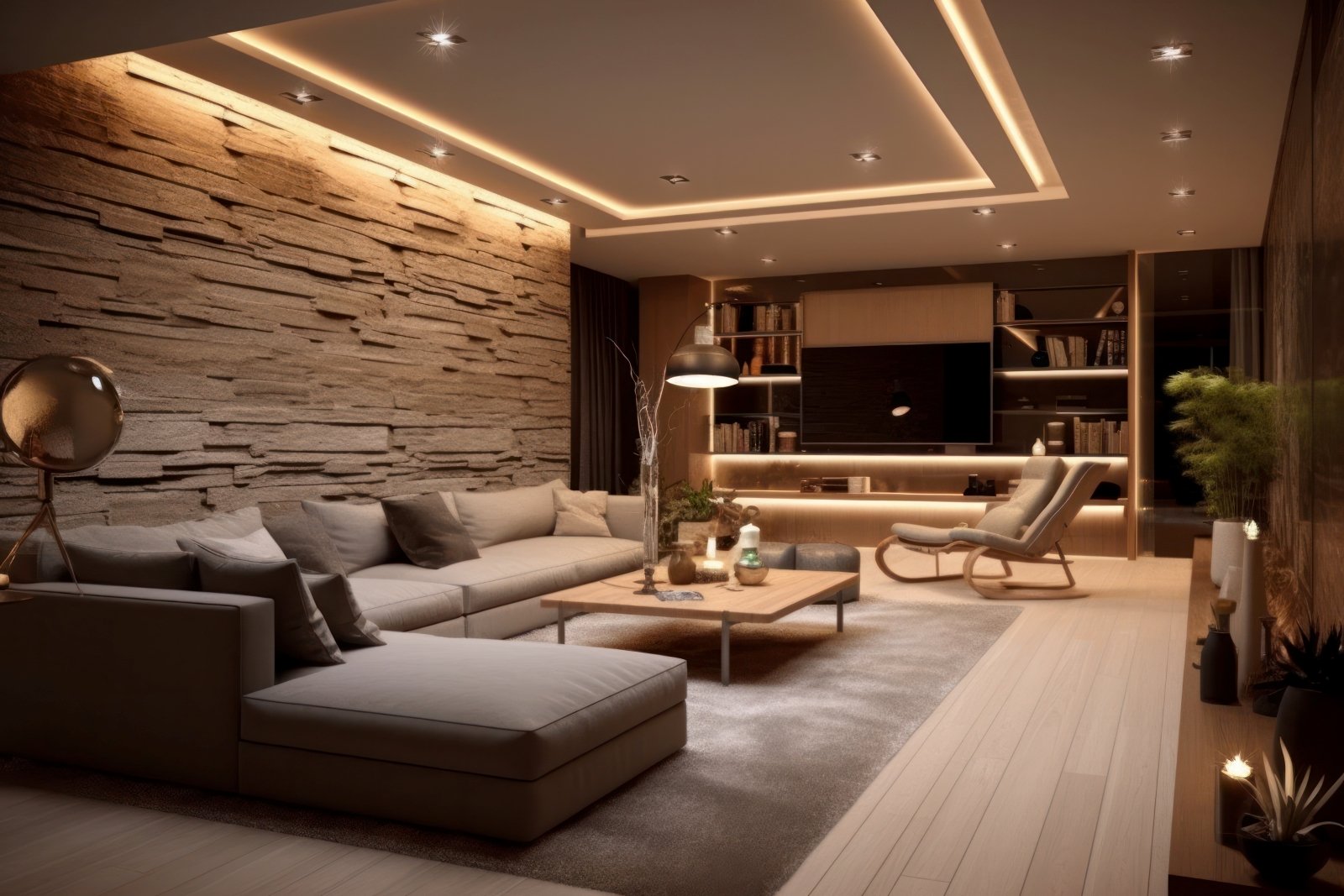
Remember those giant McMansions that were all the rage a while back? But, nowadays, people are going for a “less is more” approach. They favor smaller, eco-friendly homes that are easier on the wallet.
Even the National Association of Realtors is saying that McMansions just aren’t as in demand as they used to be. Currently, millennials are a huge group of first-time buyers. And, for them, the coolest houses are the ones that are efficient and affordable.
Homes in Remote Rural Areas Far from Urban Conveniences

Country life isn’t for everyone. People are looking for easy access to doctors, stores, and jobs, which are harder to find in remote areas. This means fewer folks prefer living in the countryside. And with less demand, the value of homes in rural areas is dropping. Furthermore, these rural homes are also hard to sell because of slow internet and long commutes.
Homes with Outdated Features and Old-Fashioned Designs
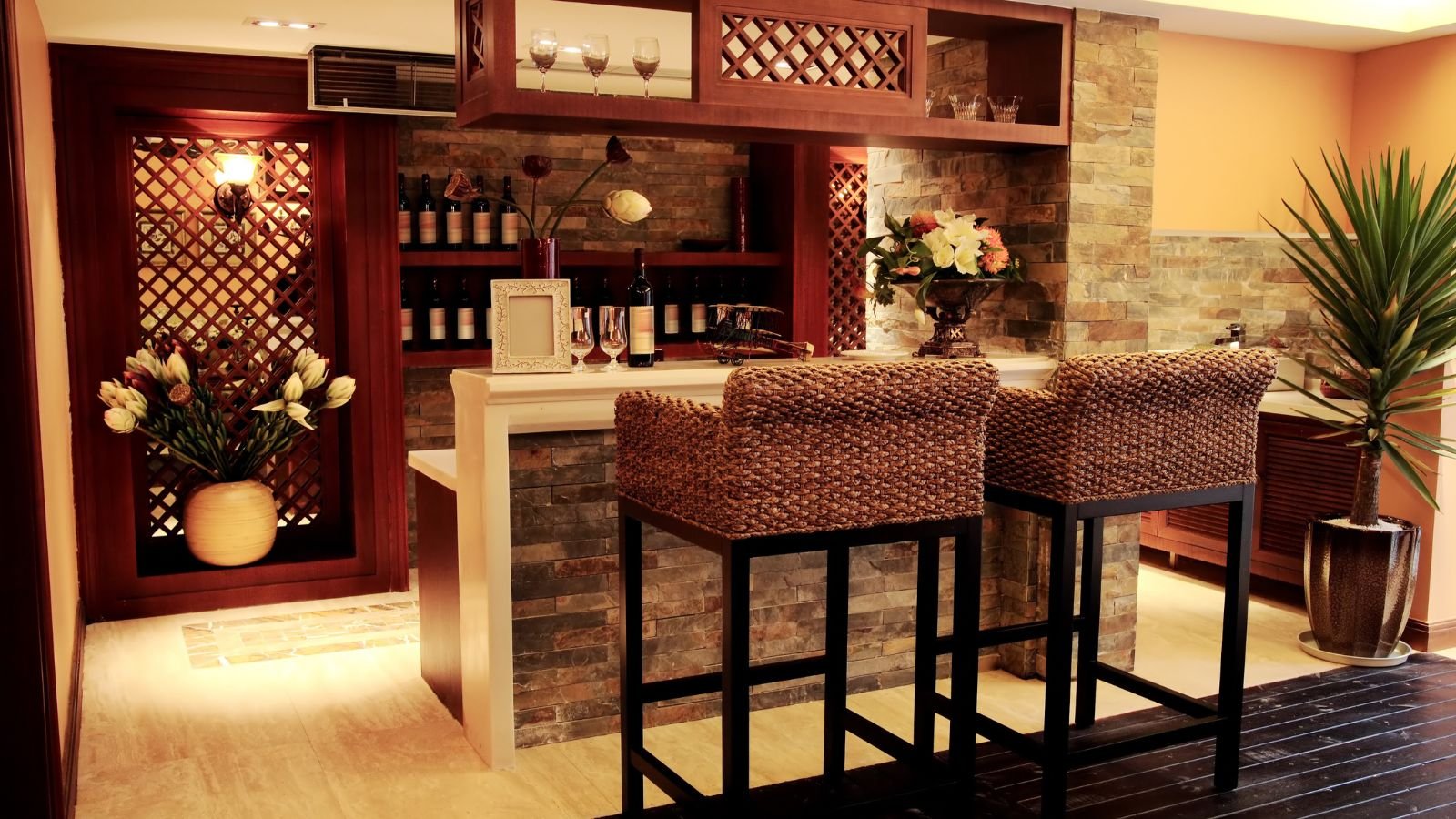
A recent survey by the National Association of Home Builders found that 4 out of 5 people want an energy-efficient home. They want fancy appliances that don’t use much power and windows that keep the cool air in and the hot air out.
Homes that aren’t updated with these features might feel a little behind the times and could even sell for less. Also, buyers today want smart features and stylish designs. These things make their lives easier and their homes feel new. So, if your house is stuck in a time warp, it might be time for an update to attract those modern buyers.
Homes with Poor Maintenance and Visible Wear and Tear
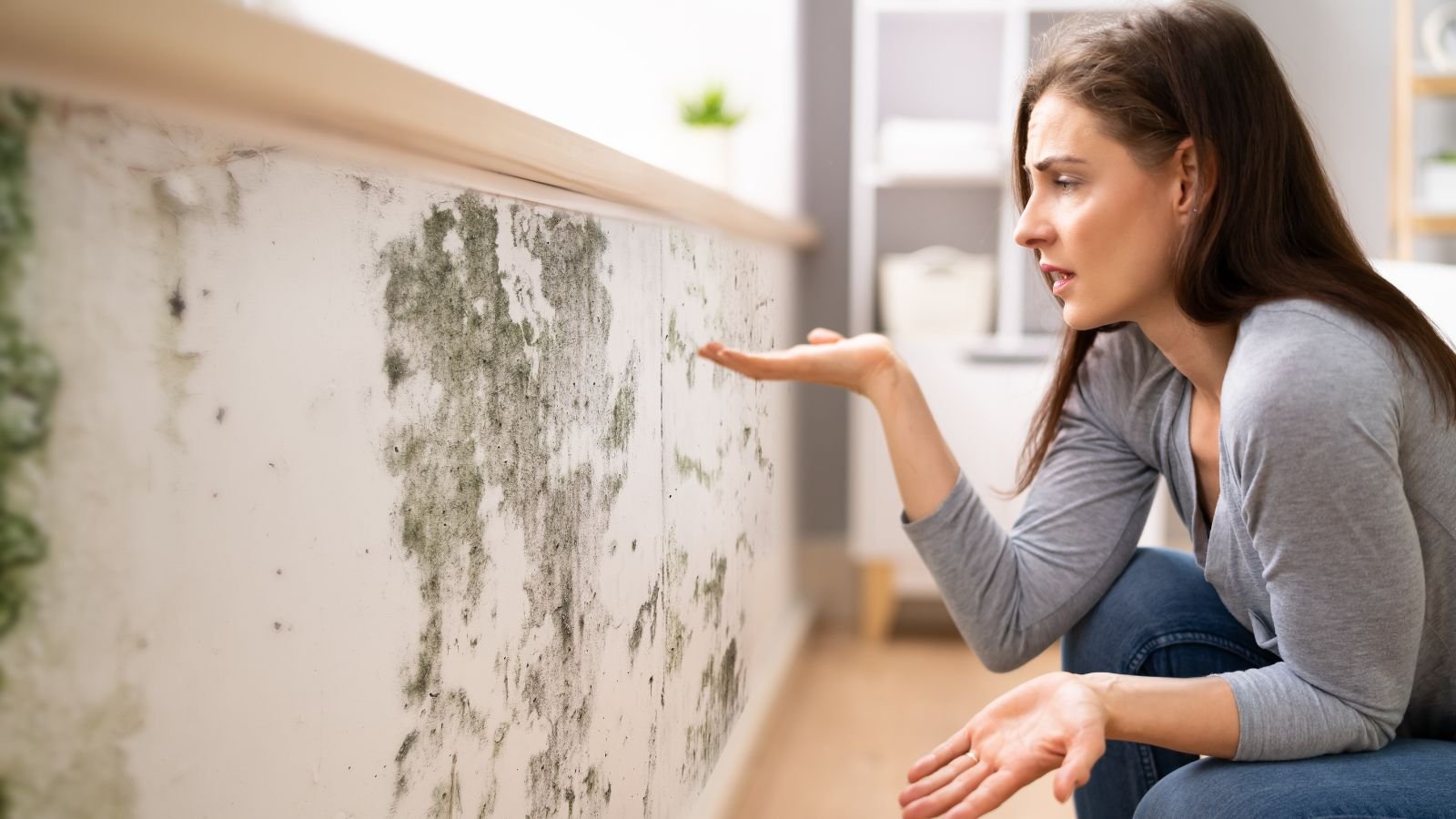
Imagine you’re house hunting and you walk into a place with peeling paint, a broken doorknob, and a yard that looks like a jungle. Such types of houses can lose value quickly. Buyers look for homes that are in good condition and won’t need a ton of repairs. A house that’s falling apart is a major turn-off, especially if it means spending a lot of money to fix it up.
Homes with High Property Taxes in Unattractive Locations
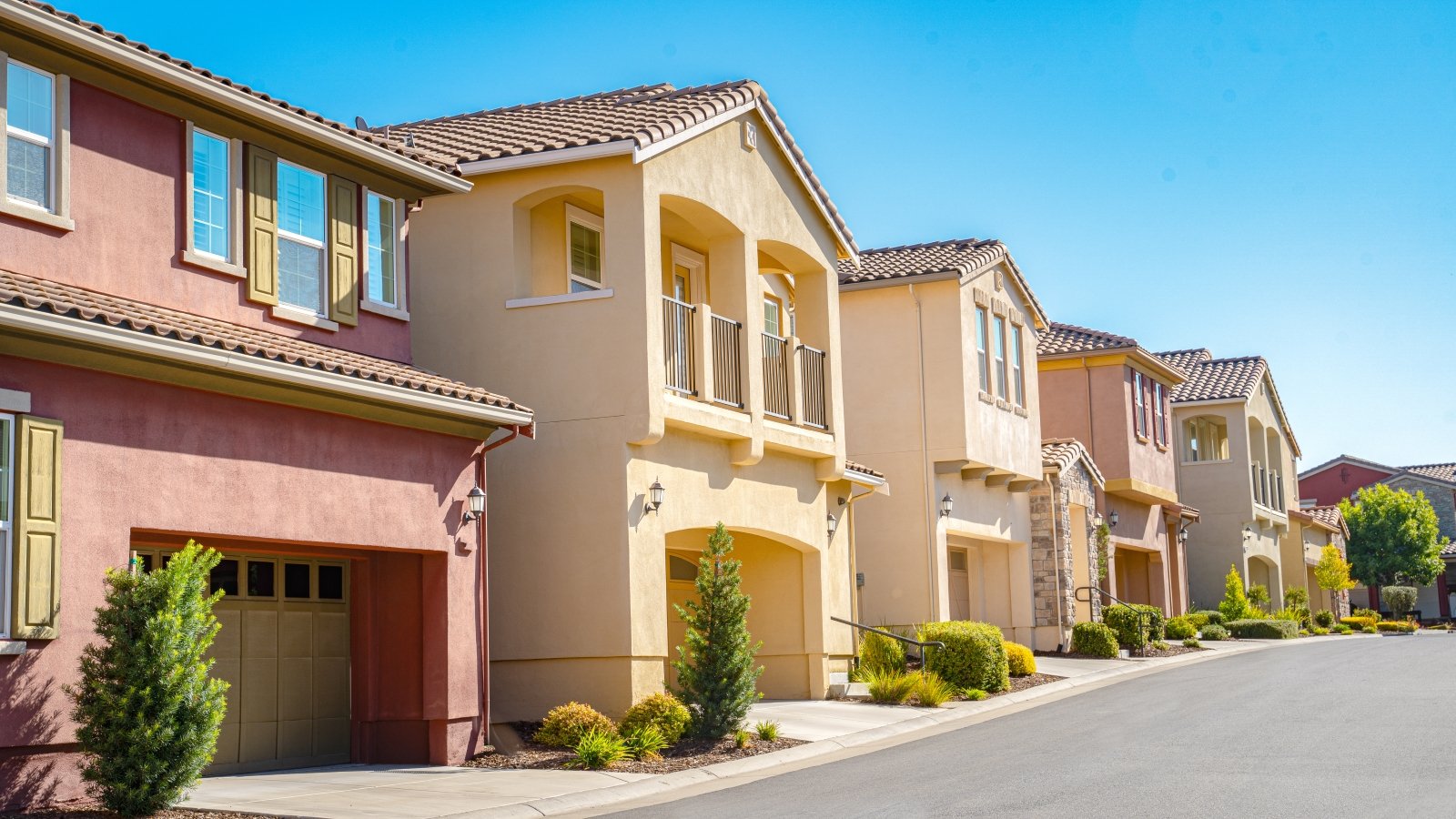
Homes in areas with high property taxes might become less valuable because buyers prefer cheaper options. High taxes can scare away buyers, even if they really like the house. It’s like the house is carrying a heavy burden.
This is especially true if the area doesn’t have parks, schools, or things to do. People also worry that taxes might go up in the future, which makes the situation worse. To attract buyers again, sellers in these areas might have to lower their prices. This could also lower the value of nearby homes.
Homes with Limited Outdoor Space and a Lack of Recreation Areas

After the pandemic, people have realized the importance of having their own outdoor space. That’s why backyards and patios are becoming must-haves for homebuyers these days. They want a place to unwind, tinker in a garden, or have friends over for a barbecue.
Experts state that homes without these perks might be less appealing and could even fetch a lower price.
Homes in Declining Neighborhoods with High Crime Rates
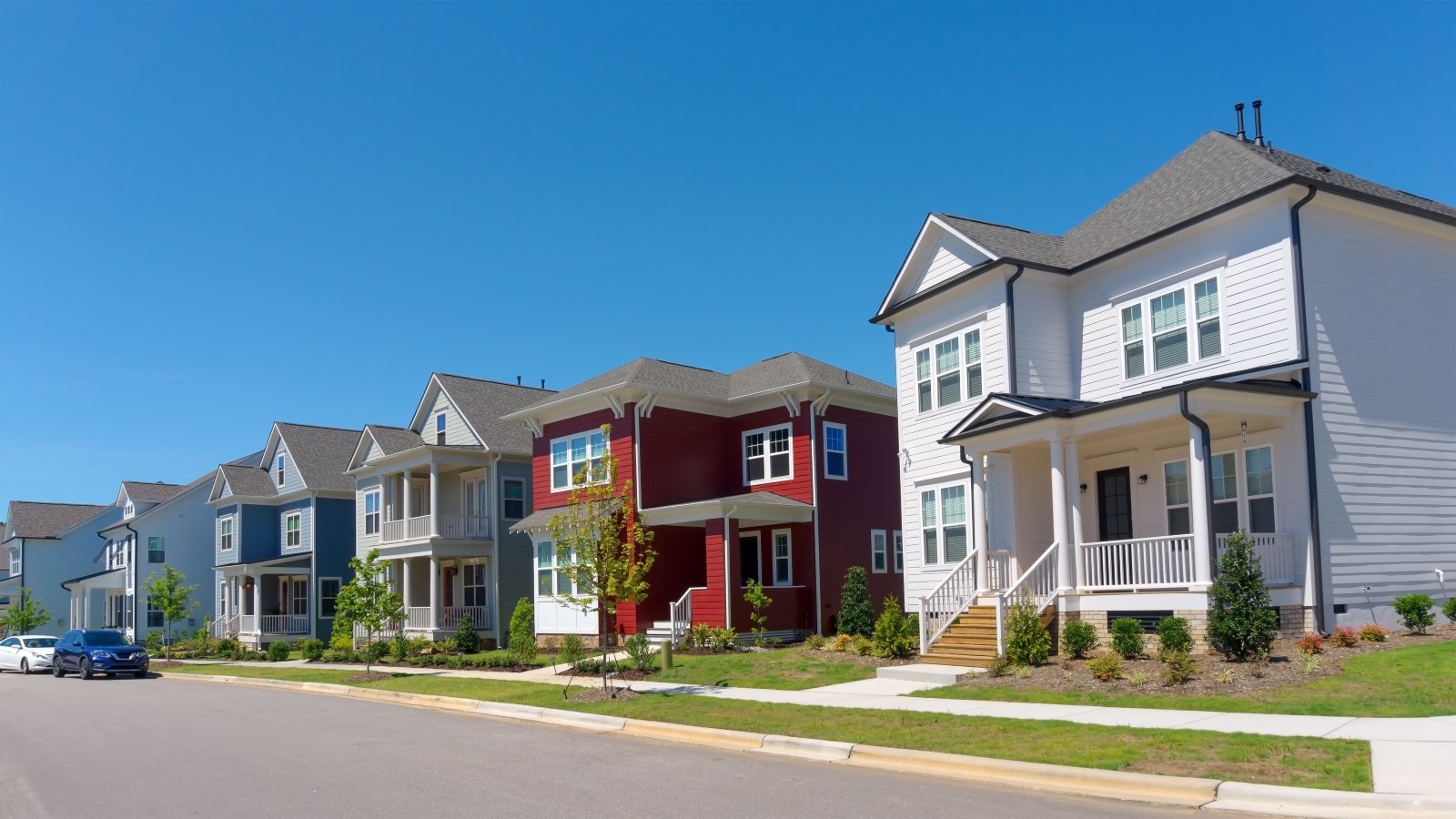
Homes in declining neighborhoods may lose value because of issues like crime, poor infrastructure, and little community investment. Buyers are wary of investing in unstable areas where property values can drop significantly. These neighborhoods often sell homes for less than more stable areas. This is mainly due to high crime rates and a lack of community services.
Flipped Homes with Poor Craftsmanship and Hidden Issues

Flipping houses can be a gamble. While some turn out looking fantastic, others are hastily done and conceal problems. Think of shoddy workmanship. They might even fail to mention any repairs or violations of building codes. Flippers save money through these shortcuts. However, they can scare away buyers and make the house much less valuable. In the end, you could be stuck with a fixer-upper that costs a fortune to repair. Just like with any used car, it’s important to get a flipped house inspected carefully before you buy.
Homes Near Noisy Highways and Busy Traffic Areas

Homes located near noisy highways or busy roads tend to lose value because many people prefer living in quiet environments. The constant traffic noise can significantly reduce the quality of life for residents and make it challenging to sell the property in the future. Generally, homes situated close to highways are priced lower compared to those in quieter neighborhoods because the noise can be a major deterrent for potential buyers who prioritize peace and tranquility in their living environment.
Homes in Natural Disaster Zones with High Risk Factors

Homes in areas that often get hit by forest fires, floods, or earthquakes might cost less. This is because buyers worry about the house getting damaged or having to pay a lot for insurance. According to Landgate, homes in high-risk areas face challenges in maintaining value due to insurance costs and potential damage. So, fewer people want to buy these houses, which can bring the price down.
Homes with Limited Accessibility Features

According to the U.S. Census Bureau, the population of individuals aged 65 and older is expected to grow significantly in the coming years. As people get older, they need easy access to their homes. Hence, features like ramps and easy-to-open doors are becoming more important for buyers. Houses without these features might be less appealing to a significant part of the market.
Homes in Oversaturated Markets with High Competition

Homes in markets with many similar properties may lose value due to high competition. Sellers may need to reduce prices to attract buyers. High inventory and competition can push prices down. This is especially true in oversaturated markets. When buyers have too many choices, it can lead to longer selling times and lower offers for sellers.
Homes Near Environmental Hazards and Pollution Sources

Homes near industrial sites, landfills, or pollution sources may lose value due to health risks and poor living conditions. Experts note these properties generally sell for less than homes in cleaner areas. Environmental concerns can sharply lower property values and influence buyer decisions, impacting a home’s market appeal.
